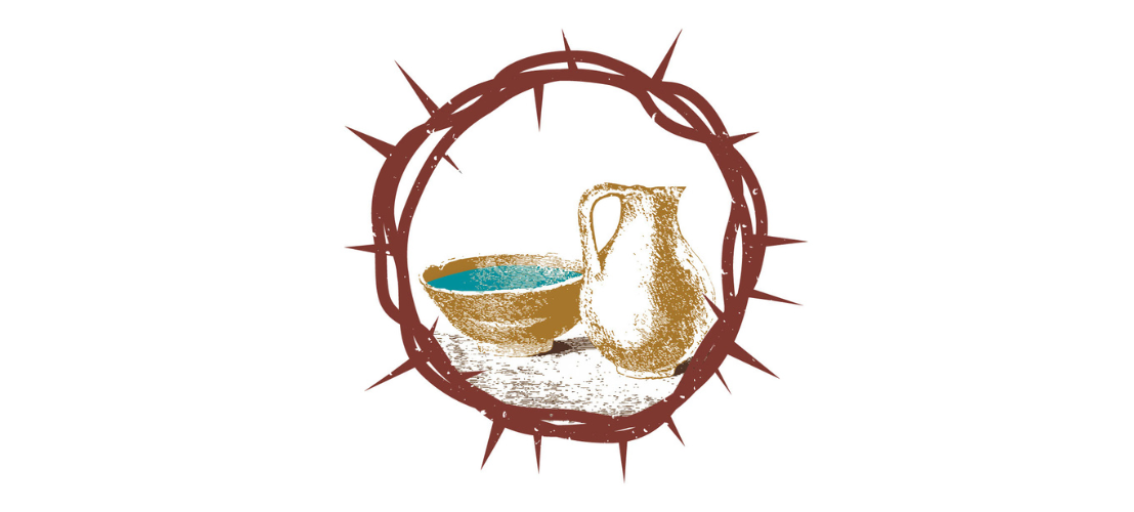When Reformed Worship staff sat down to discuss the worship series for this issue and how it might connect with the year’s theme of mission, we thought of how the church historically has the greatest missional impact when it combines the gospel message with lives of service that emulate Christ. The concept of service fits well with the traditional Lenten themes of fasting, prayer, and almsgiving. We were happy to discover that this theme also correlated well with the Revised Common Lectionary texts for Year C. As we continued thinking about this theme, we found Richard J. Foster’s classic work Celebration of Discipline particularly helpful.
Because several people would be creating this series, we drafted a broad outline to keep each worship service for the Sundays in Lent focused on worship’s dialogue between God and those gathered (see "Full Order of Worship" below). Not all of the worship elements appear every week, but the outline may be a helpful reference if you adapt this series for your context. To help anchor the theme and create some continuity, the ending of each Sunday service is the same.
During Lent there also are weekday services, including those for Ash Wednesday, Maundy Thursday, and Good Friday. Each of these services has its own rhythm and does not closely follow the outline for Sunday services.
We have provided background notes on the theme for each service that could also serve as sermon notes and help you see the thread tying the worship elements together. Following the Ash Wednesday and Sunday services are suggestions for how individuals and households might respond.
The graphic found at the top of the page is available for worshiping communities to use with the right attribution. You can find links giving you the copyright information as well as a downloadable graphic under "Resources" at the bottom of this page.
Here are links to each of the service.
Ash Wednesday: Coworkers in Christ
Lent 1: The Call to Service
Lent 2: Commitment to Service
Lent 3: The Heart of Service
Lent 4: Service as Radical Hospitality
Lent 5: The Ministry of Self-Giving
Lent 6 (Palm/Passion Sunday): The Servant King
Maundy Thursday: The Sign of Service
Good Friday: The Suffering Servant
Easter: The Servant’s Message

